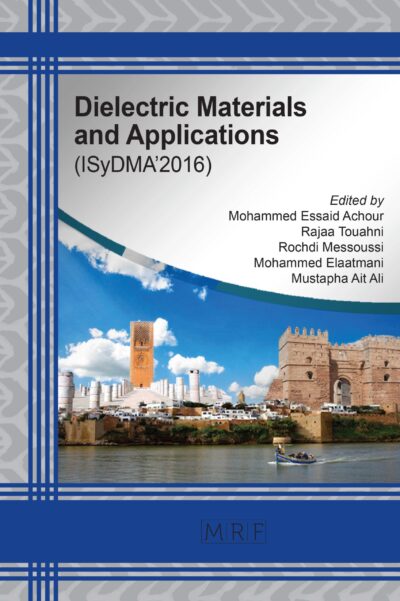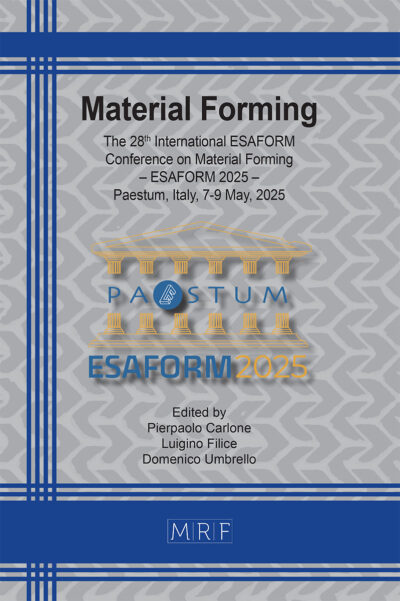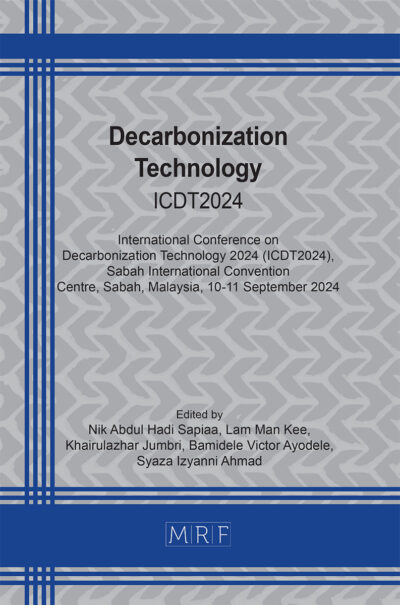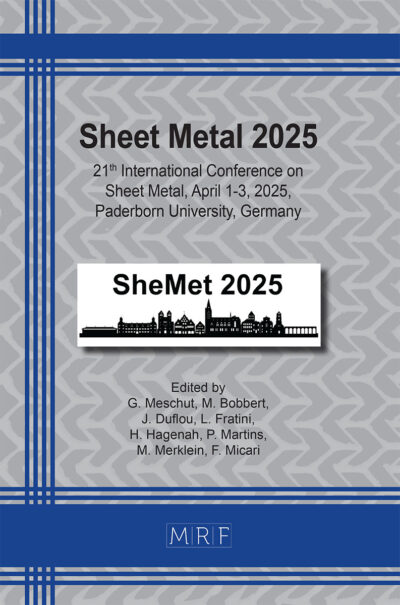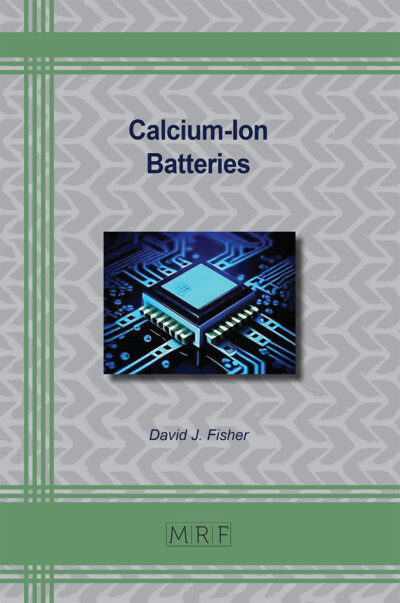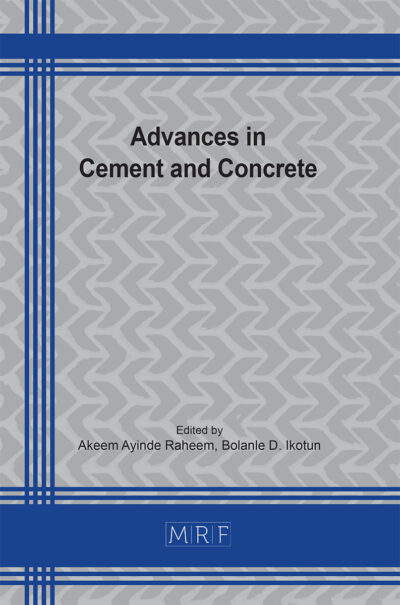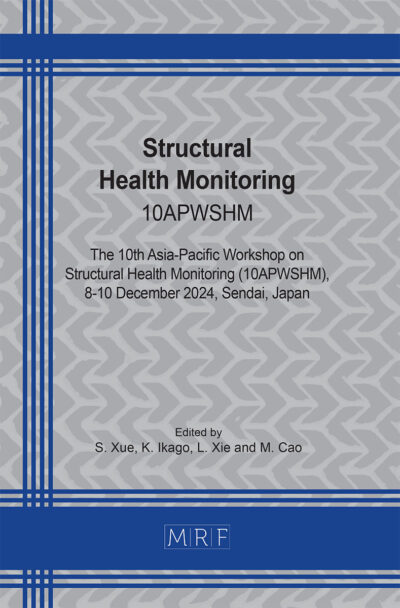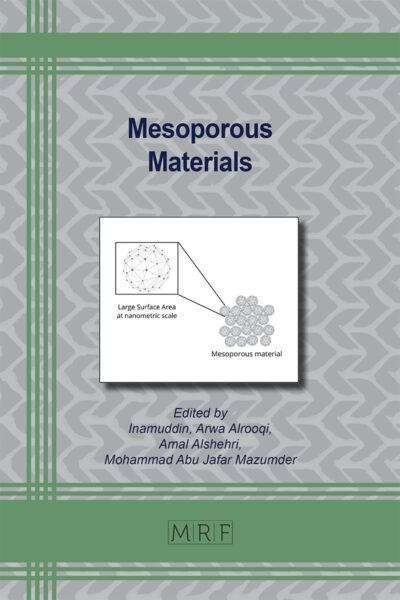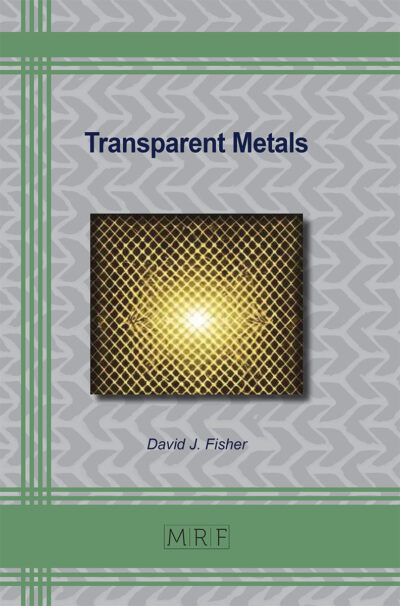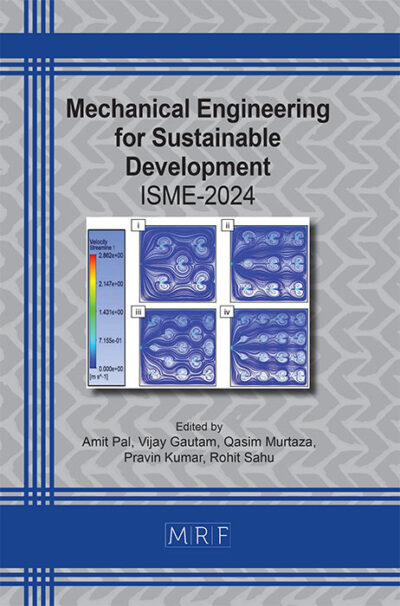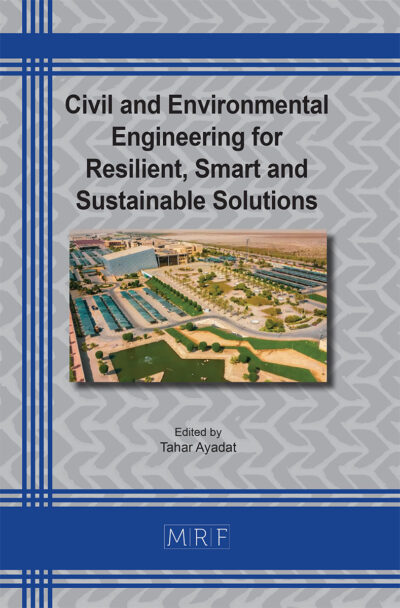Technological Features of Wire with a Diameter of 0.5–2.5 mm Production from Ni –Ti-based Shape Memory Alloys
Vladimir A. Andreev, Vladimir S. Yusupov, Mikhail M. Perkas, Sofya A. Bondareva, Roman D. Karelin
Abstract. In present work technological process of wire production with a diameter
of 0.5–2.5 mm from Ni–Ti-based shape memory alloys by hot and warm drawing, which was developed and applied in the industrial center MATEK-SMA Ltd, was described. Chemical composition of the wire, technical specification of incorporated equipment and temperature-deformational regimes of drawing, that allow obtaining wire, complied with technological conditions No 18.4270–001–16980791–2013, was distinguished. Developed technology allows enhancing production capacity and obtaining wire with improved mechanical and functional properties in comparison with the previously used one.
Keywords
Shape Memory Alloys, Drawing, Nitinol, Thermomechanical Treatment, Functional Properties, Wire
Published online 11/15/2018, 6 pages
Copyright © 2018 by the author(s)
Published under license by Materials Research Forum LLC., Millersville PA, USA
Citation: Vladimir A. Andreev, Vladimir S. Yusupov, Mikhail M. Perkas, Sofya A. Bondareva, Roman D. Karelin, ‘Technological Features of Wire with a Diameter of 0.5–2.5 mm Production from Ni –Ti-based Shape Memory Alloys’, Materials Research Proceedings, Vol. 9, pp 3-8, 2018
DOI: https://dx.doi.org/10.21741/9781644900017-1
The article was published as article 1 of the book Shape Memory Alloys
References
[1] Q. Sun, R. Matsui, K. Takeda, E. Pieczyska, Advances in Shape Memory Materials: in Commemoration of the Retirement of Professor Hisaaki Tobushi, Springer, 2017, V.73. https://doi.org/10.1007/978-3-319-53306-3
[2] N. Resnina, V. Rubanik (Eds.), Shape Memory Alloys: Properties, Technologies, Opportunities, Trans. Tech. Publications, Praffikon, 2015.
[3] V. Brailovski, S. Prokoshkin, P. Terriault, F. Trochu (Eds.), Shape memory alloys: fundamentals, modeling and applications, Montreal, ETS Publ., 2003.
[4] K. Otsuka, X. Ren, Physical metallurgy of Ti–Ni-based shape memory alloys, Prog. mater. sci. 50 (2005) 511-678. https://doi.org/10.1016/j.pmatsci.2004.10.001
[5] S. Prokoshkin, I. Khmelevskaya, V. Andreev, R. Karelin, V. Komarov, A. Kazakbiev, Manufacturing of Long-Length Rods of Ultrafine-Grained Ti-Ni Shape Memory Alloys, In Mater. Sci. F. 918 (2018) 71-76. https://doi.org/10.4028/www.scientific.net/MSF.918.71
[6] V. Andreev, V. Yusupov, M. Perkas, V. Prosvirnin, A. Shelest, S. Prokoshkin, I. Khmelevskaya, A. Korotitskii, S. Bondareva, R. Karelin, Mechanical and functional properties of commercial alloy TN-1 semiproducts fabricated by warm rotary forging and ECAP, Russ. Met. (Metally). 10 (2017) 890-894. https://doi.org/10.1134/S0036029517100020


